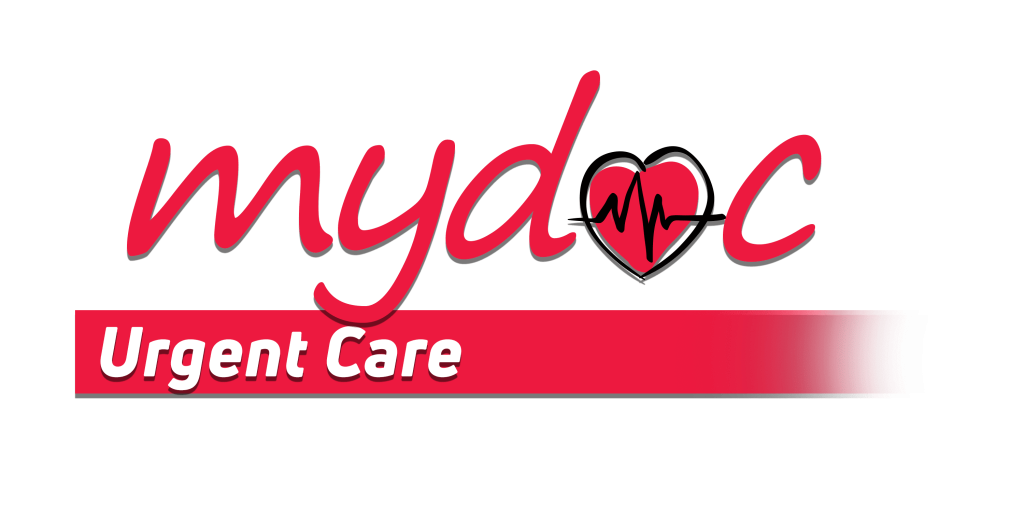What Causes Genital Warts and What are My Treatment Options?

MyDoc Urgent Care in Forest Hills, East Meadow, Bronx, and Brooklyn, New York, provides comprehensive, top-quality medical services with the convenience of walk-in visits or same-day appointments.
The MyDoc team offers a full range of care for people of all ages, including confidential testing and treatment for sexually transmitted diseases. Read what they have to say about genital warts.
Do genital warts cause cancer?
Genital warts are a prevalent sexually transmitted disease (STD) caused by the human papillomavirus (HPV). There are more than 100 different types or variants of HPV. Each is identified by number and categorized as high-risk or low-risk for causing cancer. HPV types that cause genital warts do not usually increase your cancer risk. Other low-risk HPV infections include those that result in common skin growths (warts) on fingers, toes, or the soles of your feet. High-risk HPV types can affect the mucous membranes lining the mouth, throat, vagina, cervix, and anus. Just two types of HPV (HPV16 and HPV18) cause most HPV-related cancers. Almost all cervical cancers are linked to HPV infection. Available vaccines help prevent HPV linked to cancer and may reduce your risk of contracting genital warts. The vaccines, however, are not a treatment for genital warts or other HPV infections.What are the symptoms of genital warts?
The most notable symptoms of genital warts are flesh-colored bumps in the genital area that may appear individually or clustered together in large groups that resemble a cauliflower. Genital warts may also be so small they’re invisible. However, contact with just one wart is enough to spread the virus regardless of its size. Women may note genital warts on the vulva, vagina, anus, or walls of the cervix. Men can develop warts on the penis, scrotum, and anus. Genital warts can also occur on the upper thighs or in the mouth or throat after oral sex. Other common symptoms include generalized burning, itching, and irritation during an outbreak. It can take weeks to months for warts to appear following exposure, and the infection may last for two years without treatment.Treating genital warts
Treatment for genital warts includes an evaluation to determine which type of HPV you’re experiencing to monitor cancer risks. Otherwise, therapy focuses on decreasing your discomfort and removing large lesions or clusters of warts. Your MyDoc provider may recommend topical prescription solutions, electrocautery, or surgical excision to destroy wart tissue. Importantly, over-the-counter wart treatments are not intended for use in the genital area and are never an appropriate treatment for genital warts. Genital warts are difficult to avoid even with condoms since they spread via skin-to-skin contact. However, your physician can provide information about the spread of genital warts and vaccines available to help prevent high-risk HPV infections. Take advantage of MyDoc Urgent Care’s walk-in services today, or schedule a same-day doctor visit for quality medical services in a family-friendly setting focused on meeting your healthcare needs.SCHEDULE A CONSULTATION
